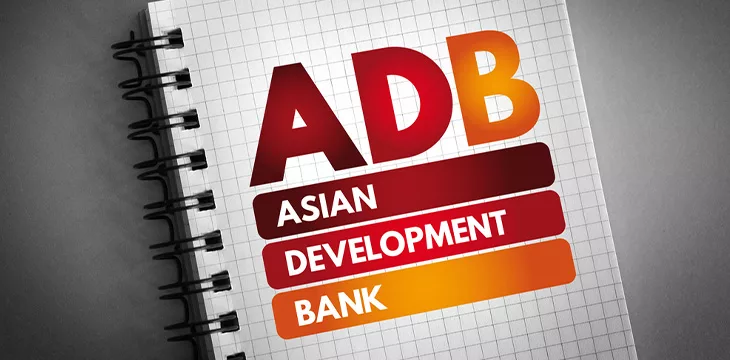
|
Getting your Trinity Audio player ready... |
The Asian Development Bank (ADB) has started leveraging artificial intelligence (AI) to solve a raft of economic challenges plaguing the continent ahead of other regional bodies.
According to an ADB paper published in May, the development bank is supporting several AI-backed initiatives across three major verticals. The ADB’s initiatives integrate AI across development operations, economics, and administration, but a quick scan revealed no mention of payment applications.
In development applications, the bank has injected capital into AI-based projects revolving around chatbots for domestic violence survivors, smart road construction and restoring public confidence in public roads.
The chatbot for victims of domestic violence recorded an instant success, with nearly 3,000 emergency calls flooding Mongolia’s National Center Against Violence (NCAV) from the chatbot. The use cases in transport align with the ADB’s aims of net-zero emission for the continent while promoting regional cooperation and integration along the way.
Other use cases in the development operations vertical include using AI to develop predictive models for resettlement outcomes and disseminating information.
The second chapter of the ADB’s paper focused on AI utility in economics with use cases predicting the impact of COVID-19 on national economies. Under this use case, the ADB financed the rollout of a minimum viable product (MVP) to nowcast COVID-19’s impact on gross domestic product (GDP).
In a more daring use case from 2021, the bank funded the use of earth observation data to predict economic activities in partnership with Earthlab AI Systems. The AI model tracked the presence of ships and containers in ports, the concentration of nitrogen dioxide levels, and nighttime lights to determine the extent of economic activities.
The administrative use of AI ranks at the top in terms of the development bank given its potential to improve the efficiency of government processes. In mid-2023, the bank launched an internal code of conduct chatbot to answer queries from employees over their duties and obligations.
In early 2020, ADB tested the waters by launching a digital assistant that responds in real-time to technical queries, recording promising results along the way.
At the bleeding edge of technology
Outside of funding AI projects, the ADB is leaving a trail of investment initiatives in blockchain and other emerging technologies. The bank has a proven track record of supporting member countries in exploring digitally tracked green bonds and cross-border payments.
In May, the Philippine Securities and Exchange Commission (SEC) teamed up with the ADB to roll out blockchain-based green bonds for transparency while research into cross-border bond settlements has reached frenetic levels.
“A replication of established functional processes in blockchain appears possible, but the potential resulting limitation of DLT functionality may not be cost-effective in the long term,” read a Proof-of-Concept (PoC) document.
In order for artificial intelligence (AI) to work right within the law and thrive in the face of growing challenges, it needs to integrate an enterprise blockchain system that ensures data input quality and ownership—allowing it to keep data safe while also guaranteeing the immutability of data. Check out CoinGeek’s coverage on this emerging tech to learn more why Enterprise blockchain will be the backbone of AI.
Watch: AI is for ‘augmenting’ not replacing the workforce
Recommended for you
Lorem ipsum odor amet, consectetuer adipiscing elit. Elit torquent maximus natoque viverra cursus maximus felis. Auctor commodo aliquet himenaeos fermentum
Lorem ipsum odor amet, consectetuer adipiscing elit. Accumsan mi at at semper libero pretium justo. Dictum parturient conubia turpis interdum

 11-22-2024
11-22-2024


